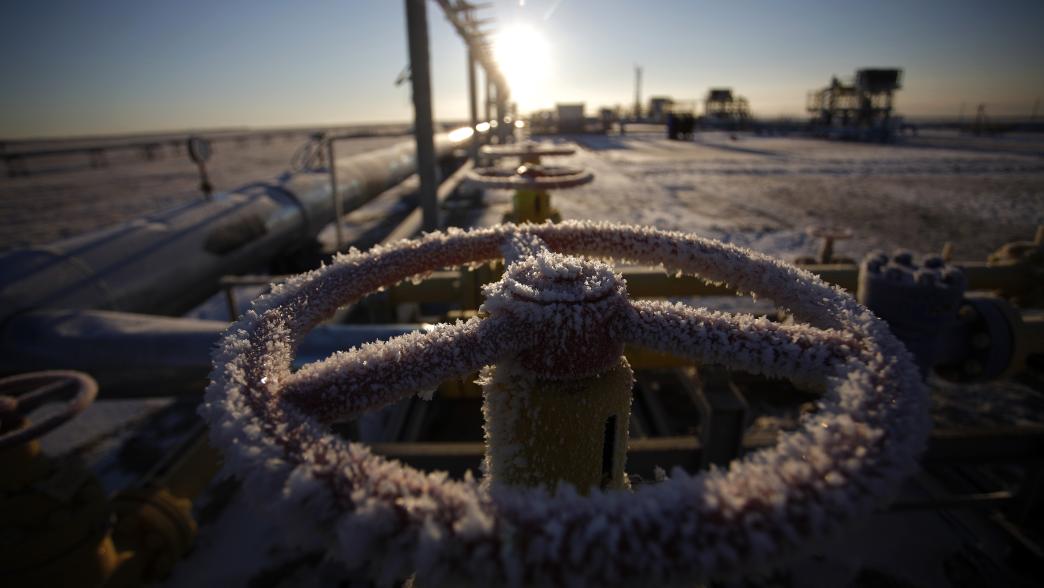
One Year on From the Russian Invasion: Impacts for the Middle East and North Africa
Transcript:
The Middle East and North Africa region has been impacted by the Russian invasion of Ukraine—especially the region’s energy sector. Here I will highlight three important elements.One is the renewed interest of many European countries in the oil and gas sector of the region, mainly Italy. Italy has been very open about its renewed interest in North Africa—Algeria and Libya. And we’ve seen ENI sign deals with Sonatrach in Algeria and the Libyan National Oil Corporation, and to develop new gas fields and existing fields as part of Italy’s energy diversification plan. We also saw high-level EU leadership going into Cairo in June 2022 to sign a memorandum of understanding with Israel and Egypt to allow these two countries to export gas to the European Union. Also, we have seen easing between Germany and Qatar about contracts—new contracts of for export of LNG to the European continent; before the invasion that was not an easy discussion between the countries, and even between the EU and LNG providers like Qatar.
The second trend has been an acceleration when it comes to clean energy and renewables. We’ve seen, again, the European Union signing deals with countries of the region, mainly a partnership with Morocco, to support clean energy in Morocco that will also serve some of the EU’s needs for clean energy. At the same time, we’ve seen pledges from the Gulf countries like Saudi Arabia and UAE to push for more investment in clean energy. Again, that could serve European needs as well as other parts of the world. There was also a big announcement about the need to further accelerate the energy transition. The region is taking action; Saudi Arabia has created a critical mineral fund to invest inside and outside the region in new minerals that are critical for the energy transition.
The third point is energy security. This was an opportunity for some countries in the region, mainly Saudi Arabia and the UAE and other producing countries, to remind us that it’s a fragile world that still needs oil and gas to move into what is being called now “orderly transition.” And we have seen Saudi Arabia and the UAE be very open about the issue of not breaking the oil sector by pushing to stop investing in oil and gas. That was very loud in the region as well. And the UAE is carrying that message into COP28 which it will host in November 2023. And lastly on energy security: the Ukraine crisis did help to seal a deal between two enemy countries, Lebanon and Israel, on their maritime border. There were many different reasons that that deal happened, but one element was that the world needed more gas, and if that deal would help with providing more gas, they thought, “Let's do it.”
These are the main messages we have seen, and these are the main highlights from the region after almost one year of the war between Russia and Ukraine.
Authors

Laury Haytayan
Middle East and North Africa Director
